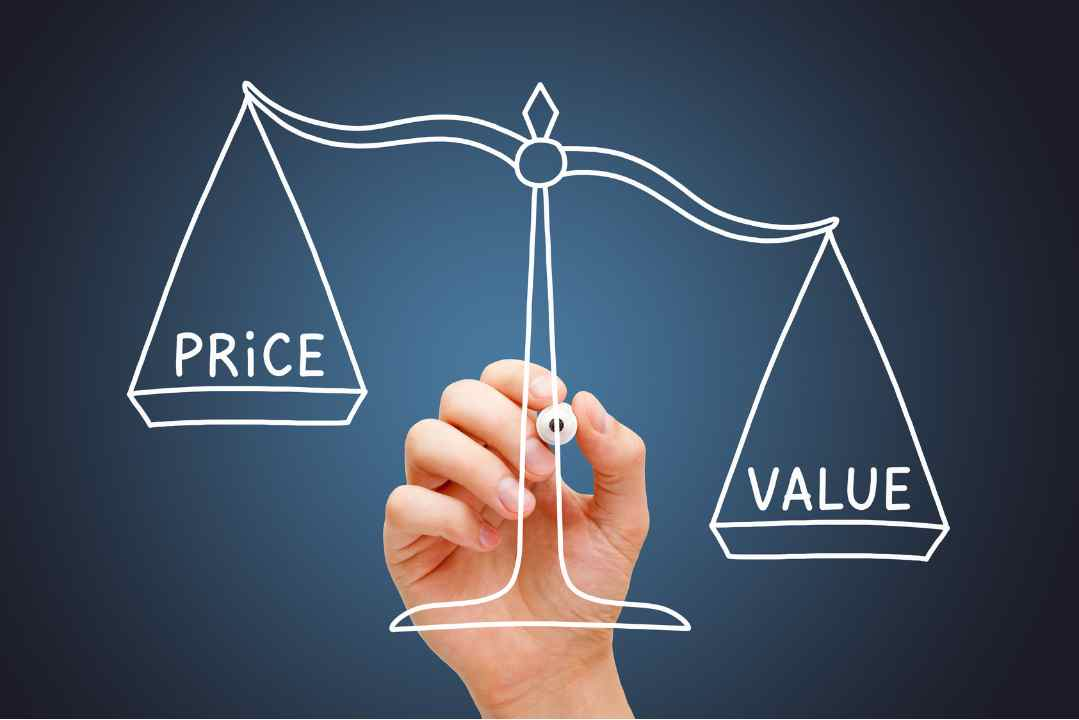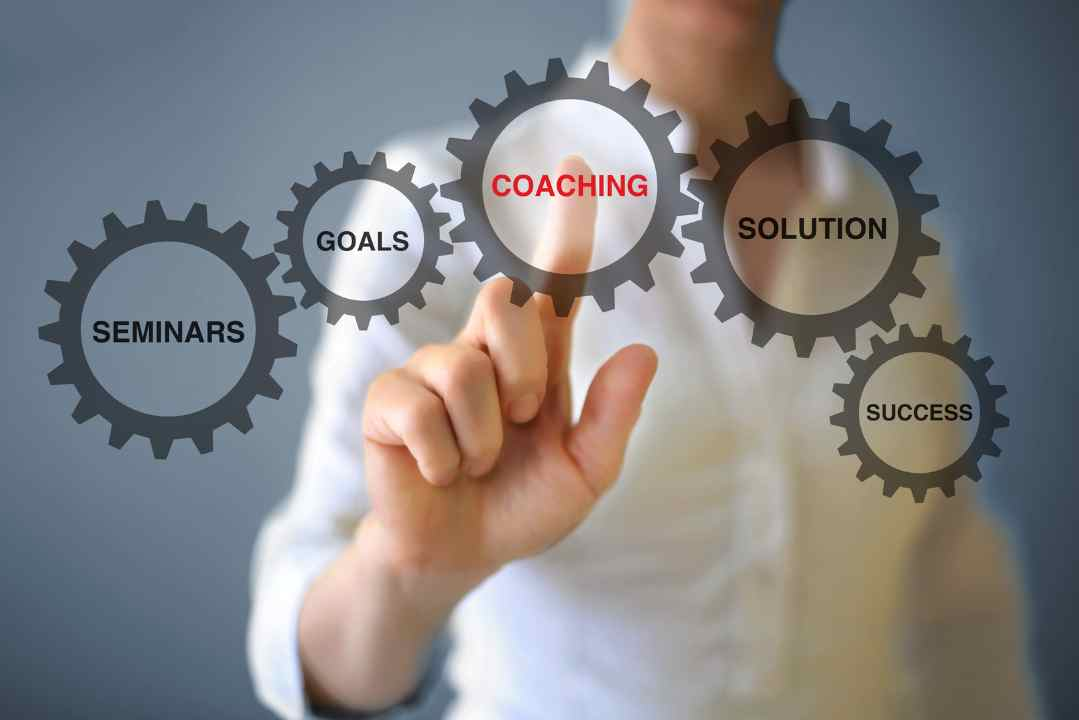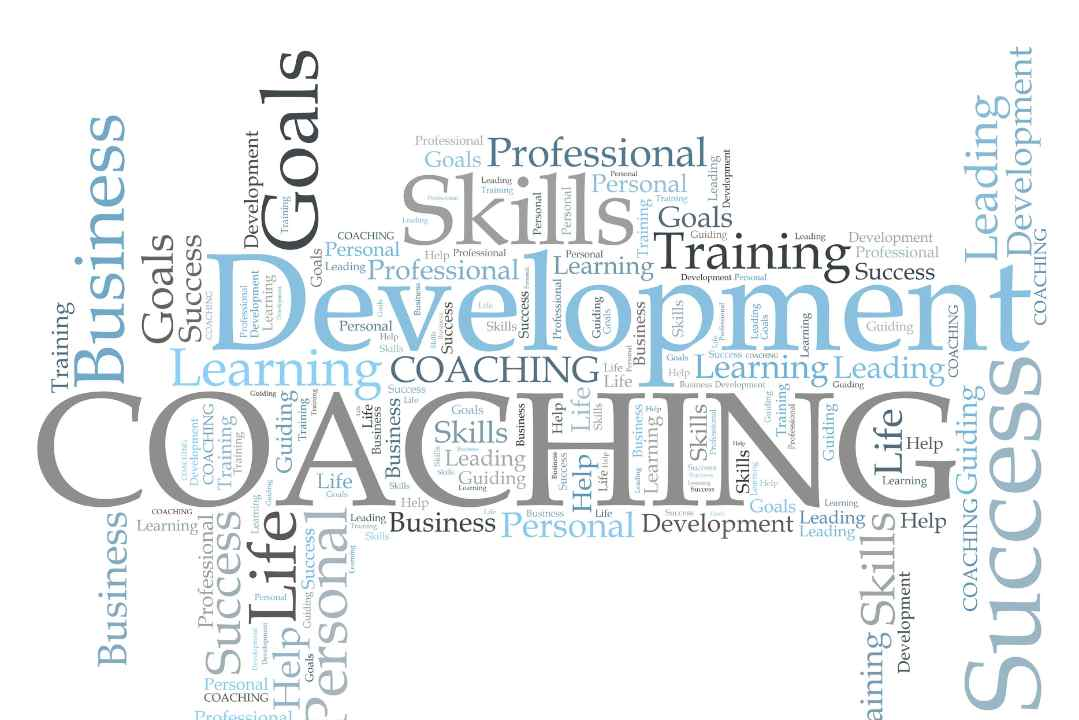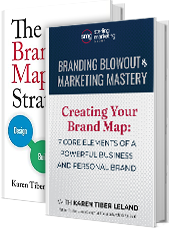Explores the growing importance of executive coaching in business, projecting a market size increase to $6.25 billion in 2024. Delving into factors influencing pricing, such as coach credentials and engagement scope, the article outlines various pricing models like hourly rates and retainer packages. Highlighting the significant ROI of executive coaching, it provides insightful questions for evaluating coaching value and concludes with an offer for a complimentary consultation with the author, an experienced executive coach.

Executive Coaching Fees 2024: What to Expect?
Executive coaching engagements have become an indispensable tool in business, offering personalized guidance to help leaders maximize their potential, navigate challenges, and drive organizational success. The coaching industry is expected to continue its growth trajectory, with market size projections indicating an increase to approximately $6.25 billion in 2024, up from $5.34 billion in 2023. This growth reflects the expanding number of active coaches, estimated to reach around 145,500 by 2024, demonstrating the industry’s robust health and the increasing demand for coaching services.
As the demand for coaching sessions grows, understanding its pricing becomes crucial for businesses and individuals looking to invest in leadership coaching. This article delves into the factors that influence executive coaching fees, the various pricing models available, and how to assess these services’ value and return on investment (ROI) in 2024.
Four Factors Influencing Executive Coaching Pricing

A few weeks ago, a potential client contacted me regarding my executive coaching sessions for CEOs. After a lengthy conversation about his objectives, my methods, and how we might work together, I gave him an overview of the costs. “Wow,” he exclaimed. “I spoke to someone today who cost half that amount.” The reality is that pricing is all over the map. The adage “you get what you pay for” holds in some ways. Executive coaching costs vary wildly depending on various factors, including.
1. Experience and Credentials of the Executive Coach:
Coaches with extensive knowledge, deep expertise, and high-level education typically command higher fees. Prestigious credentials from recognized coaching institutions or universities and a track record of success with previous clients are key price determinants.
2. Scope and Duration of Executive Coaching Programs:
Longer, more in-depth leadership coaching require a more significant investment. The scope of coaching, whether for individual development or broader organizational change, also impacts cost.
3. Customization and Specialization:
Coaching programs tailored to specific industries, functions, or executive levels often come at a premium. Specialization requires the coach to have deep expertise in a particular area, adding value and cost.

4. Additional Resources and Support:
Programs that include assessments, tools, and post-coaching follow-up support are typically more expensive but offer more comprehensive development opportunities.
Pricing Models in Executive Coaching
Not all executive coaching operates on the same pricing models. Many individuals charge hourly fees, while smaller, more independent consulting firms often bill based on a retainer. More significantly, established organizations may use a retainer model. However, the firm’s size is not the determinant factor in the pricing model a given business uses in establishing the cost of executive coaching. In general, companies work on one of the following structures.
· Hourly Rates vs. Package Deals:
Hourly rates provide flexibility but can add up quickly, whereas package deals offer a structured engagement at a predetermined price, potentially offering better value for long-term engagements.
· Retainer Models:
Retainer models, where coaches are available for a set number of hours over a period, suit organizations or individuals looking for ongoing support. This model ensures availability and dedicated attention.

· Group Coaching vs. One-on-One:
Group coaching sessions are generally more cost-effective and can foster peer learning. In contrast, one-on-one coaching sessions offer deep, personalized guidance at a higher price point.
In 2023, one-on-one executive coaching sessions reported a range from $0 to $6000 per session, with a median price of $205 and an average price of $346.43. This indicates a substantial premium for executive coaching engagements compared to other types of coaching, with executive coaches charging on average 38.7% more per session than their counterparts in other coaching niches.
Group coaching sessions, another popular format, also showed a wide price range, from $0 to $4500 per person per session. The average price for group coaching was $266.63, with a median of $80, illustrating the scalability and varied pricing strategies within the executive coaching sector.

The Value and ROI of Executive Coaching
The benefits of executive coaching extend beyond measurable financial returns, including enhanced leadership skills, better decision-making, and improved organizational culture. Real-life case studies where executive coaching led to significant business achievements or personal growth can illustrate its impact beyond the cost.
The return on investment from executive coaching is notably significant, with various studies highlighting the tangible and intangible benefits. For example, one Fortune 500 company study found a 788% ROI from executive coaching, focusing on improvements in productivity, employee satisfaction, and other business measures. Another study by Manchester, Inc. surveyed 100 executives and reported an average ROI of almost six times the cost of the coaching. These findings underscore the substantial impact executive coaching can have on organizational performance, leadership development, and employee engagement.
Although challenging, quantifying the ROI of executive coaching through improved performance metrics, leadership effectiveness scores, and other KPIs can justify the investment. To establish a justification for the cost of executive coaching, strategies for incorporating coaching into organizational development budgets or personal development plans, emphasizing long-term value over upfront expenses, are required. In addition, criteria for selecting a coach should include their experience, coaching style, and compatibility with the leader’s goals and personality, not just cost.

Questions To Determine If the Price of Executive Coaching Is Worth It.
When evaluating if the cost of executive coaching is worth it, you want to ensure their expertise, experience, and approach align with your goals and offer value for your investment. Here are some insightful questions you can ask:
1. What is your coaching philosophy?
Understanding their underlying beliefs and methods can help you assess if they are a good fit for your needs and objectives.
2. Can you tell me about your qualifications and executive coaching experience?
Look for an executive coach who has certifications from reputable coaching organizations, years of experience, and areas of specialization to ensure they have a solid background.
3. How do you measure progress and success in your coaching engagements?
This question helps you understand their approach to tracking and evaluating the effectiveness of their coaching.

4. Can you provide examples of outcomes your clients have achieved?
Real-world examples can give you a sense of what to expect and the value they have added to other executives or organizations.
5. How do you tailor your coaching to fit the individual needs of your clients?
This will help you gauge their flexibility and ability to adapt their techniques to your specific situation.
6. What is your approach to confidentiality and ethics?
Ensuring that your conversations will be private and handled ethically is crucial for a trusting and successful coaching relationship.
7. How do you stay updated with the latest trends and developments in your field?
A coach who is committed to their own development is likely to offer more value.

8. Can you describe your ideal client or coaching process or scenario?
This question can help you determine if there’s a good fit between your needs and their preferred coaching style or client type.
9. What is included in your fee?
Get a clear understanding of what the fee covers, such as the number of sessions, length of each session, and any additional resources or support.
10. Do you offer any guarantees or what is your policy if I am not satisfied with the coaching engagement?
Knowing their policy on satisfaction and results can help you understand the level of risk involved.

11. How do you support clients in implementing changes or strategies?
Insights into their follow-up, accountability measures, and support system can help you assess the potential impact of their coaching.
12. Can you provide references from past clients?
Speaking with former clients can give you a firsthand account of their experience and the benefits they received from the coaching.
Asking these questions will give you a comprehensive view of the coach’s expertise, approach, and the value they could add to your professional development. Choosing someone whose experience aligns with your goals and who demonstrates an apparent ability to facilitate growth and development is essential.

Conclusion
Investing in executive coaching is investing in personal and professional growth. While understanding coaching pricing and structures is essential, the emphasis should be on these services’ value and potential ROI. As the coaching industry evolves, staying informed and selecting a successful coaching engagement will be vital to maximizing this investment.
SMG Executive Coaching Services
For over 20 years, I have helped CEOs, C-suite Leaders, Startup Founders, and business leaders accomplish their personal and business goals. Much of what I’ve learned about this topic comes from up close and in the fieldwork consulting work with leaders from Inc. 5000 companies, mid-cap companies, and startups.
As an author and columnist for Inc.com, I constantly search for studies, surveys, real-world examples, and techniques to help my clients achieve stronger personal brands, executive presence, and leadership excellence.
After reading this article, you think, “Yes, I get it. I need to hire an executive coach,” but are in a quandary about how to go about it, consider booking an initial consultation with me at no charge.
I will review your information before our call and give you at least one or two specific ideas. No sales, just useful information, and insight. You can book a session with me here.
